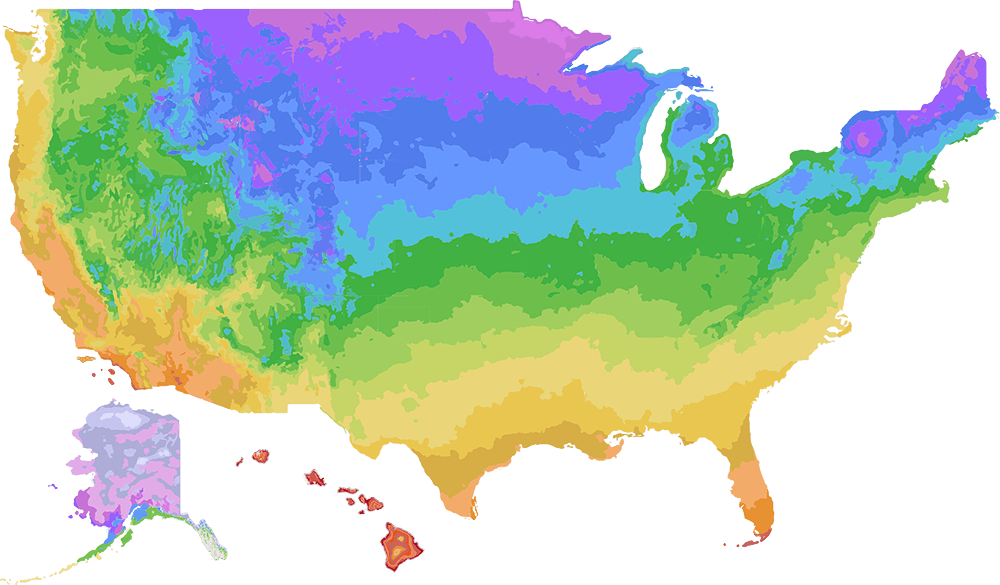Listen Up Grasshopper
These tiny grasshoppers are less than ¼” in length and emerge with one thing only on their mind EATING.
As summer begins and the weather begins to heat up, all the little grasshoppers begin to emerge from the eggs laid by their mothers last year. These tiny grasshoppers are less than ¼” in length and emerge with one thing only on their mind EATING. They are not particularly selective they will eat almost any flower, vegetable, shrub, grass, other small insects, and they will even eat each other. It is like a horror movie in your backyard, but thankfully at first it is so small that you don’t have to watch. However, as the little grasshoppers eat and grow the damage becomes more obvious. So how can you avoid having “The Night of the Living Plague” playing in your garden theatre? Here are some tips to help you avoid grasshopper problems in your yard.
Grasshopper populations go up and down every year, sometimes it feels you are swimming in them and other years there are hardly any around. In nature, grasshoppers turn out to be a primary food of many other animals, so when everything is in balance grasshoppers are not usually a huge problem. Some insects eat grasshoppers – like the blister beetle and the robber fly. Many birds consider grasshoppers to be a delicacy like the horned larks, many types of small hawks, kestrals and kites. Grasshoppers are also eaten by fox, cats, and coyotes. So most of the time grasshoppers are controlled naturally, the problem is when the population explodes and is not controlled.
Get them while they are small!
If you can catch the grasshoppers when they are still very small you can use non-toxic baits like Semaspore, which is a bacteria that specifically kills grasshoppers; BUT it must be used when they are small, as they get older and tougher it can be less effective. After eating Semaspore, the grasshopper becomes sick, and then they slow down and eat less and begin to die. The disease spreads to healthy grasshoppers through cannibalism (when was the last time you heard something like that and it was good news?).
In many parts of the country grasshoppers migrate in clouds of adult insects and wherever they land they eat everything they can find. Since they are adult insects and on the move it can be very hard to control them at this point. The only good news for these situations comes in the form of chemical sprays. Once grasshoppers are grown and on the move you need a fairly strong chemical to control them.
Once they are big…
You have to make the decision: Do you want to spray chemicals? Or are you willing to live with a few damaged plants and spend some time hand-picking grasshoppers off your most valuable plants? Please note: If you must spray chemicals it is best that they sprayed in the evening, night or very early morning to protect beneficial insects.
Photo-Adult Grasshopper Clemson University - USDA Cooperative Extension Slide Series, Bugwood.org




